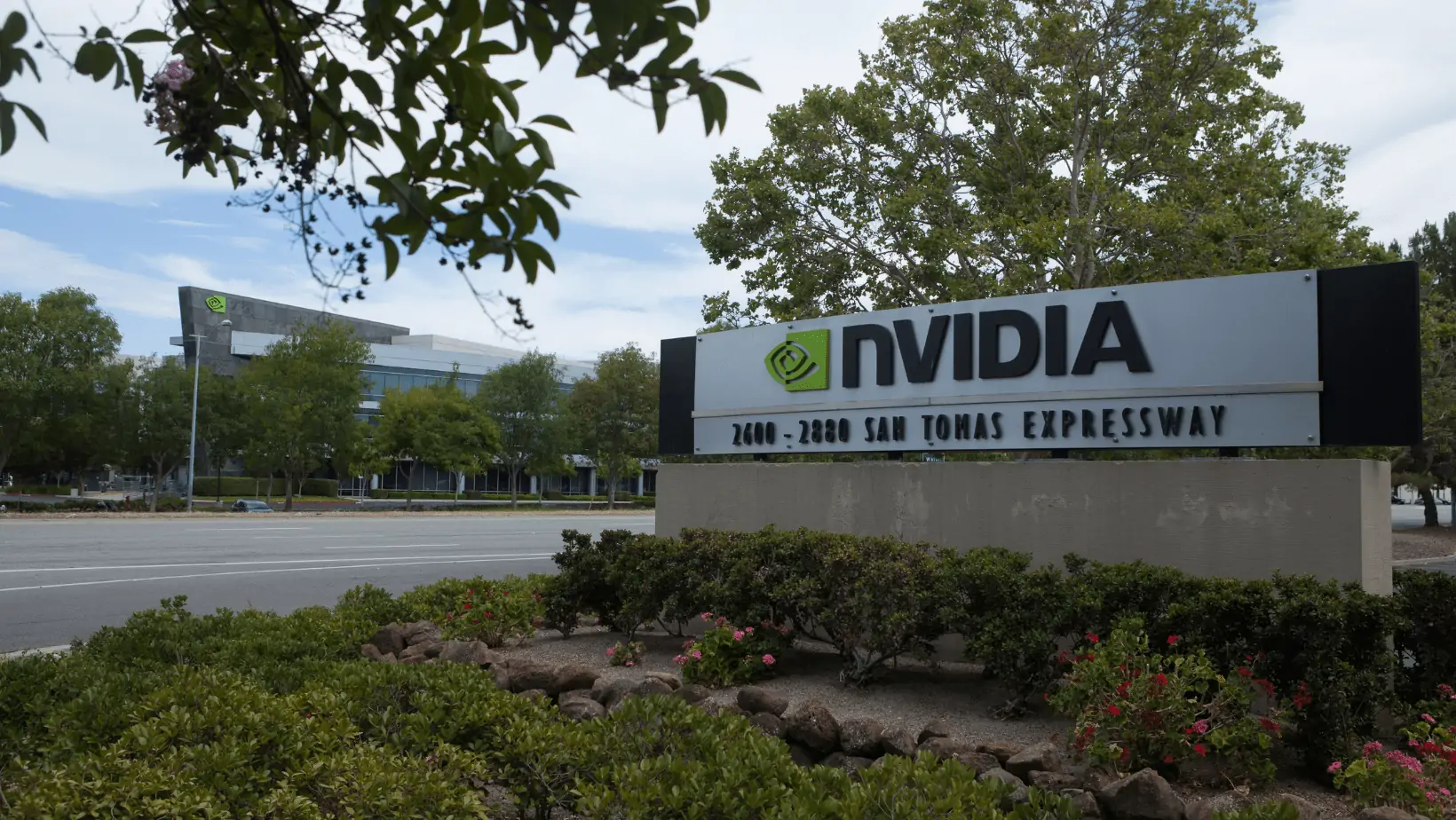
In a shocking revelation of corporate espionage, an automotive technology industry scandal has come to light involving the alleged theft of advanced parking and driving assistance systems source code. The incident revolves around Mohammad Moniruzzaman, a former employee of Valeo, who is accused of pilfering sensitive information before joining Nvidia, a major player in the technology sector. The saga unfolded during a Microsoft Teams call where Moniruzzaman inadvertently displayed the stolen source code, leading to a legal battle between Valeo and Nvidia.
The Accusations Unveiled
Valeo, an automotive technology company, has filed a lawsuit against Nvidia, accusing the latter of benefiting from stolen trade secrets. According to the lawsuit, Moniruzzaman, before leaving Valeo in August 2021, allegedly “downloaded without authorization the entirety of Valeo’s advanced parking and driving assistance systems source code.” The illicit act also included the unauthorized acquisition of various documents such as Word files, PowerPoint presentations, PDFs, and Excel spreadsheets, elucidating different aspects of the technology.
The lawsuit alleges that this act of corporate espionage was not immediately discovered but became evident during a joint project videoconference in March 2022. Nvidia had secured a contract for software development, while Valeo was providing ultrasonic sensor hardware. During the virtual collaboration, Moniruzzaman, now an Nvidia employee, shared his screen, inadvertently revealing a Valeo source code file with the unmistakable label “ValeoDocs.” Valeo participants acted swiftly, capturing a screenshot before Moniruzzaman could rectify his error.
Brazen Theft Unveiled
The lawsuit details the audacious nature of the theft, highlighting that the file path on Moniruzzaman’s screen remained labeled “ValeoDocs” even after he minimized the shared presentation. This indiscretion allowed Valeo participants to identify the source code promptly. The legal document contends that the theft was so bold that German police, during a subsequent investigation, found Valeo documentation and hardware prominently displayed in Moniruzzaman’s home office.
Legal Ramifications
Following the discovery, German authorities conducted a raid on Moniruzzaman’s residence, unearthing not only Valeo’s materials but also finding Valeo’s software and documents on Moniruzzaman’s Nvidia computer. Subsequently, Moniruzzaman admitted to the theft when questioned by the German police, resulting in a conviction for infringing Valeo’s business secrets and a fine of €14,400 ($15,724).
Despite these legal developments, Nvidia has maintained a stance of disinterest in Valeo’s code. In a letter to Valeo’s attorneys, Nvidia’s legal representation asserted that the company “has no interest in Valeo’s code or its alleged trade secrets and has taken prompt concrete steps to protect your client’s asserted rights.” Moniruzzaman reportedly informed Nvidia that the stolen source code was stored solely on his laptop and was not shared with other Nvidia employees.
Nvidia’s Response
As the legal battle unfolds, Nvidia has not provided an immediate response to media inquiries. A spokesperson for the company declined to comment on the matter. However, in the letter to Valeo’s attorneys, Nvidia assured that it had taken steps to protect Valeo’s rights and disavowed any interest in the stolen code. The lawsuit, nonetheless, alleges that even if Nvidia claims no intention to use the stolen code, the company has still benefited from it, potentially saving “millions of dollars in development costs.”
The Conviction and Its Implications
Moniruzzaman’s conviction in Germany adds a layer of legitimacy to Valeo’s claims. The €14,400 fine imposed on him signifies a legal acknowledgment of the severity of the breach. However, Valeo contends that the damage goes beyond an individual conviction. The company alleges that Nvidia, as a recipient of the stolen code, has reaped benefits in the form of cost savings in development.
The Unraveling Investigation
The lawsuit reveals that during the investigation, German authorities discovered Valeo documentation and hardware in Moniruzzaman’s home office, providing tangible evidence of the alleged theft. Moreover, when Moniruzzaman’s Nvidia computer was seized, Valeo’s software and documents were found, linking the stolen intellectual property directly to Nvidia.
Nvidia’s Denial and Valeo’s Claims
While Nvidia denies any interest in Valeo’s code, Valeo argues that the potential integration of the stolen code into Nvidia’s database complicates the matter. The lawsuit contends that if the code has been merged with extensive edits and feedback loops by other Nvidia employees, removing it entirely becomes “unrealistic.” Consequently, Valeo seeks damages and an injunction to prevent Nvidia and its employees from utilizing or sharing the alleged trade secrets.
Conclusion and Pending Trial
As the legal proceedings unfold, the implications of this case extend beyond the immediate actors involved. The accidental exposure of stolen source code during a virtual meeting underscores the vulnerabilities inherent in remote work and digital collaboration. Companies, now more than ever, face the challenge of securing their intellectual property in an era where information can be inadvertently exposed through online platforms.
The jury trial date is yet to be announced, and as the legal battle progresses, it will be closely watched by industry experts and legal professionals. The outcome will not only shape the fate of the individuals and companies involved but may also set precedents for how intellectual property theft cases are handled in an increasingly interconnected and digital world.
This website uses cookies.